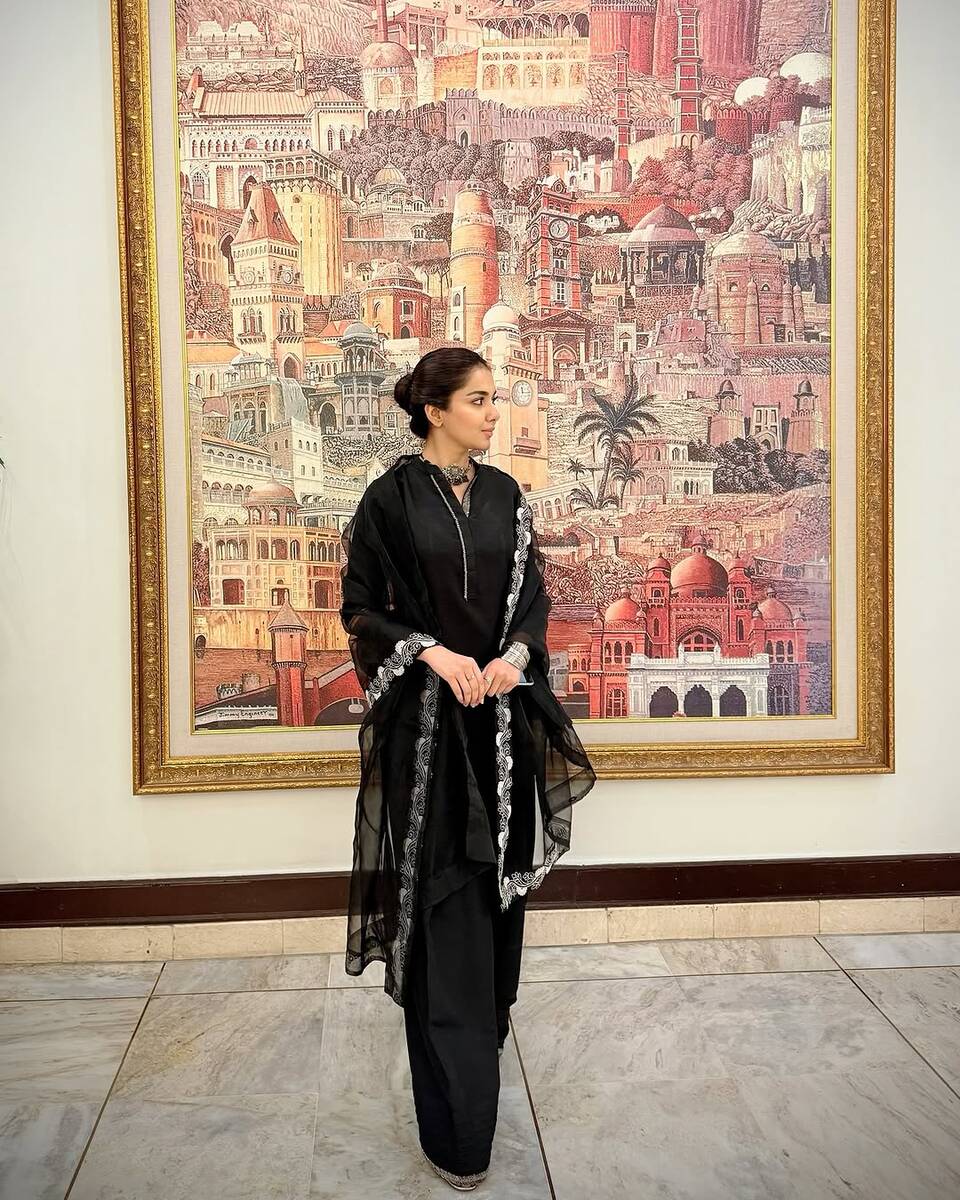DUBAI: Actress and podcast host Yara Shahidi is part of National Geographic’s list of 33 “visionaries, creators, icons, and adventurers” from across the globe and she spoke to the publication about the project that landed her on the list.
In 1888, the National Geographic Society was founded by 33 pioneers in Washington. The “bold thinkers … aimed to reimagine how we encounter our world. Much has changed since then, but the mission that guided them — to expand knowledge and promote understanding—drives us still. In that spirit we introduce the National Geographic 33, a collection of visionaries, creators, icons, and adventurers from across the globe,” the publication explained of its new list.
Part-Middle Eastern star Shahidi, whose father is Iranian, was named on the list in the Creators subsection that celebrates “out-of-the-box thinkers developing innovative solutions.”
The “Black-ish” and “Grown-ish” actress was highlighted due to her podcast “The Optimist Project.”
Shahidi, 25, launched the podcast to explore how to live a more fulfilling life with various special guests hosted on each episode.
Shahidi, a Harvard graduate, says she was inspired by the dynamic conversations she has with members of her diverse family. The actress has two brothers — one is an actor and the other works in fashion — while her father Afshin Shahidi is a cinematographer. Meanwhile, her cousin is the rapper Nas and her grandfather was a Black Panther activist. Shahidi and her mother, Keri Shahidi, who together run their own media company called 7th Sun Productions, decided to take their musings to a wider audience with the podcast, which launched in 2024.
“We feel so fortunate to be having these conversations,” Keri, who is Shahidi’s co-producer, told National Geographic “But equally, we felt the drive to make sure other people had the opportunity to hear what we were hearing.”
The podcast’s guests so far have included “Saturday Night Live” star Ego Nwodim, Tony award-winning actor Courtney B. Vance, and Laurie Santos, a psychology professor at Yale University.
“Having to pour so much thought into basic survival doesn’t give your brain space to think about, Well, why are we living?” Shahidi said. “What would make me excited to wake up the next day?”
In her conversation with National Geographic, she went on to acknowledge that this is a challenge moment for the next generation of leaders. “It’s overwhelming to think about how broken some of these systems are, how imperfect some of our tools for change are … but with that comes an onslaught of very inspired, very motivated young people.”























